Question And Answer
Publications
Articles, publications, books, tools and multimedia features from the U.S. Institute of Peace provide the latest news, analysis, research findings, practitioner guides and reports, all related to the conflict zones and issues that are at the center of the Institute’s work to prevent and reduce violent conflict.
Iraq: Time for a Change
As Washington prepares for a critical debate in Congress this fall on what should be done in Iraq, the United States Institute of Peace convened over the summer a group of experts with many different political affiliations to consider next steps over a three-year time horizon. Read about the group's main conclusions.
Transitional Justice in Nepal: A Look at the International Experience of Truth Commissions
Amid the run-up to the Constituent Assembly elections scheduled for November, Nepal's government has prepared a Truth and Reconciliation Commission Act. The Truth and Reconciliation Commission (TRC) is the most prominent of several commitments made during the peace process to promote transitional justice following Nepal's more than 10-year civil war.
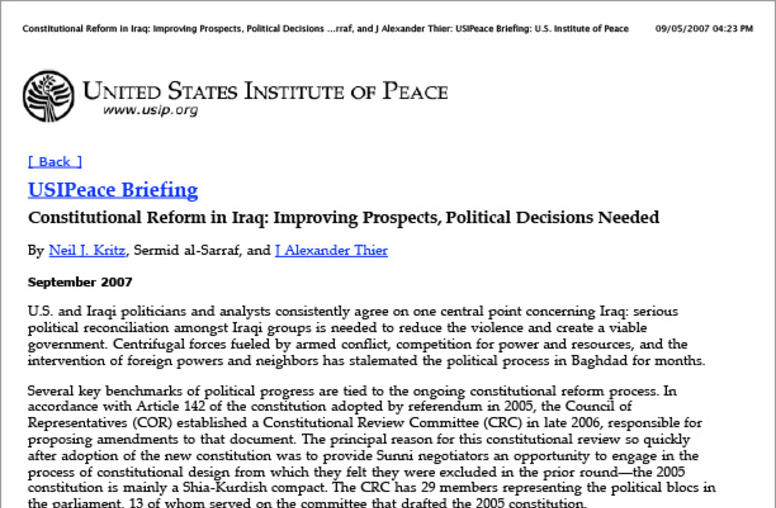
Constitutional Reform in Iraq: Improving Prospects, Political Decisions Needed
U.S. and Iraqi politicians and analysts consistently agree on one central point concerning Iraq: serious political reconciliation amongst Iraqi groups is needed to reduce the violence and create a viable government.
Double Alienation and Muslim Youth in Europe
From the controversy raging in London over Muslim women wearing the niqab to the upsurge in violent crime in Paris, Muslims in Europe are at the center of a storm of disagreement. Although many Muslim youth are comfortable as Muslim and European, others feel estranged from society.
Hearts and Minds: Afghan Opinion on the Taliban, the Government and the International Forces
Since the election of new leaders and the establishment of a new constitution, the government of Afghanistan has been trying to prove its legitimacy and ability to foster stability, security, and the rule of law. Understanding current trends in public opinion can aid in tailoring the international intervention to ensure that prior progress is not lost and that elements corroding the strength of the state are diminished.
Violence in the Terai Region and the Madhesi Movement: Prospects for Peace in Nepal
Despite marked progress toward peace and democracy in Nepal, the Terai region, located in the southern lowlands of Nepal near the border of India, has experienced a surge in violence in last six months. What are the prospects for peace in Nepal?
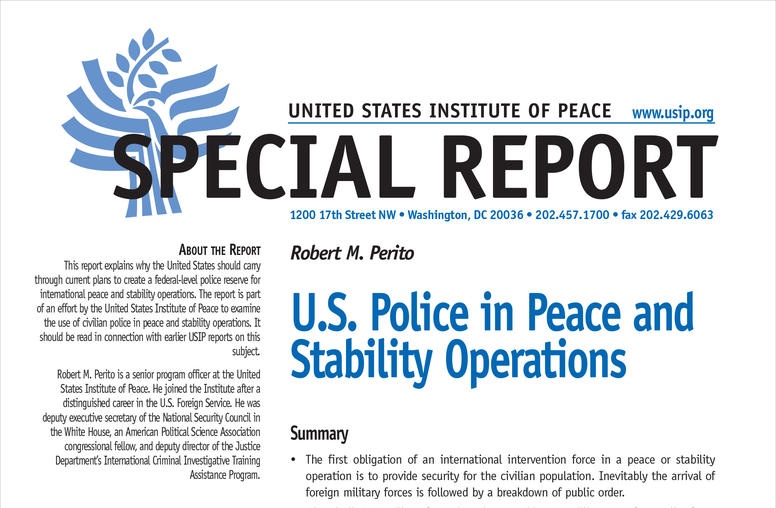
U.S. Police in Peace and Stability Operations
The first obligation of an international intervention force in a peace or stability operation is to provide security for the civilian population. Inevitably the arrival of foreign military forces is followed by a breakdown of public order. The United States should carry through plans to create a federal-level police reserve for international police and stability operations.
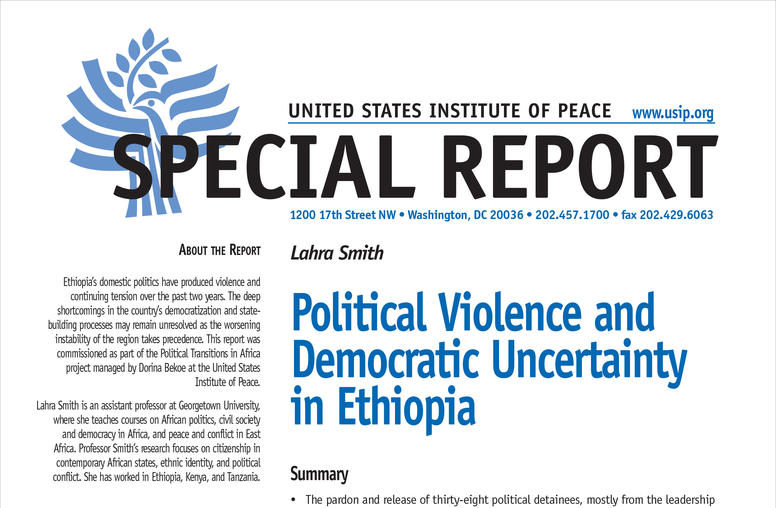
Political Violence and Democratic Uncertainty in Ethiopia
Ethiopia’s domestic politics have produced violence and continuing tension over the past two years. The deep shortcomings in the country’s democratization and state-building processes may remain unresolved as the worsening instability of the region takes precedence.
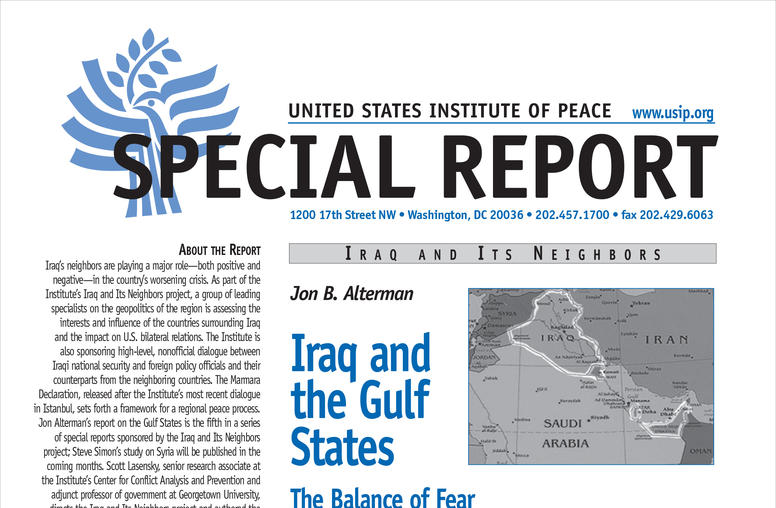
Iraq and the Gulf States: The Balance of Fear
Iraq’s Persian Gulf neighbors supported the U.S. invasion of Iraq in order to preserve the status quo--a weak and self-absorbed Iraq--rather than to impose a new one. However, the overthrow of Saddam Hussein and its aftermath have not brought stability to the Gulf States as much as they have shifted the most serious challenges from external threats (of a hostile Baghdad) to internal threats (the threat of conflict spillover from Iraq).
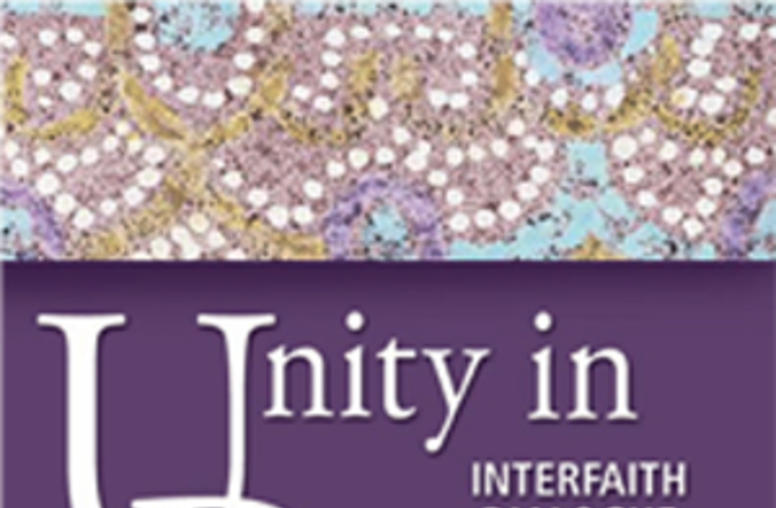
Unity in Diversity
Nowhere are the stakes of sectarian conflict as high as in the Middle East, and nowhere is the practice of interfaith dialogue (IFD) more fraught with difficulty. The questions, then, naturally arise: What sort of person tries something as audacious as interfaith dialogue in such a polarized climate? And what do they hope to gain? The answers to both questions are surprisingly diverse.